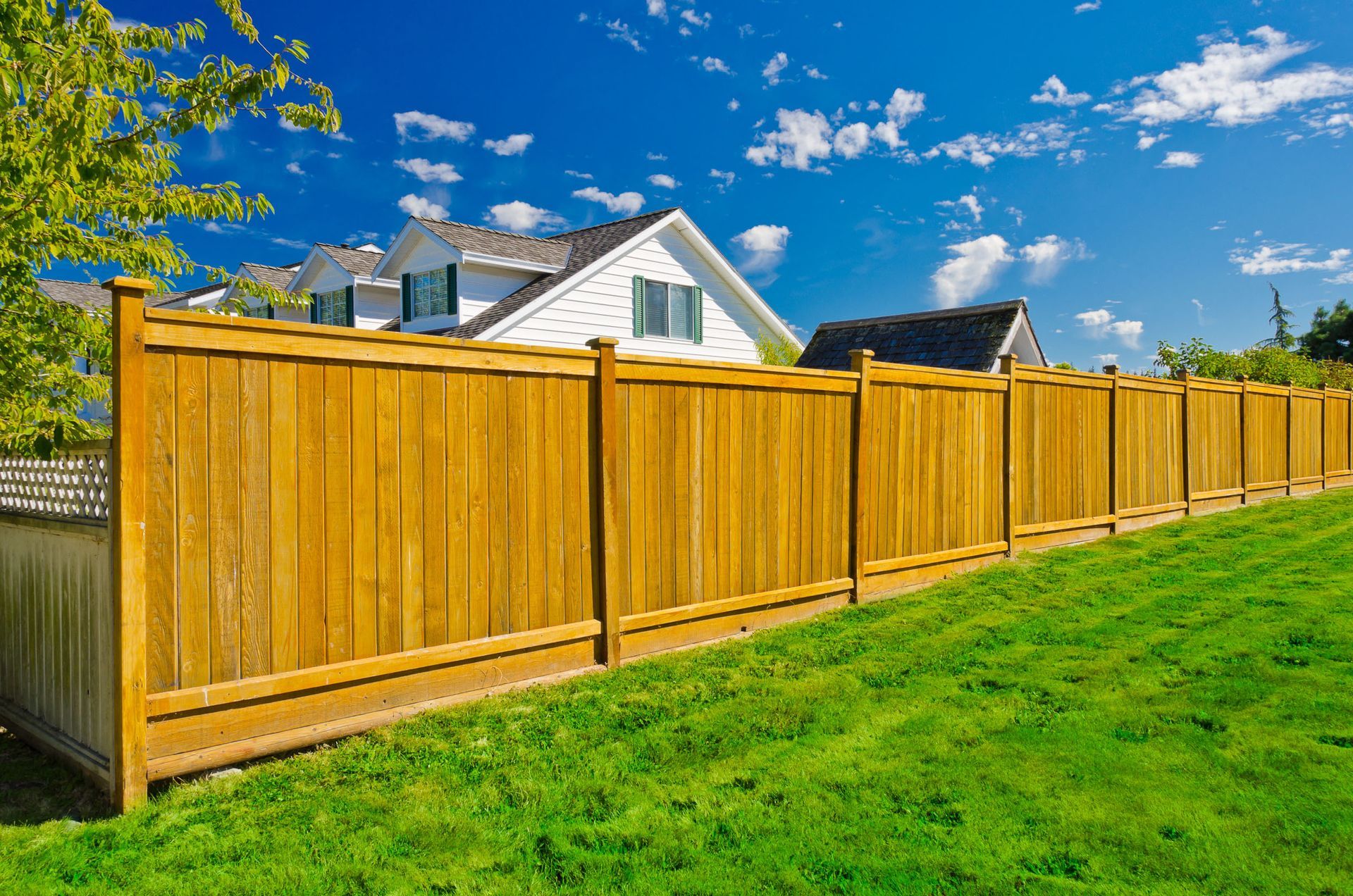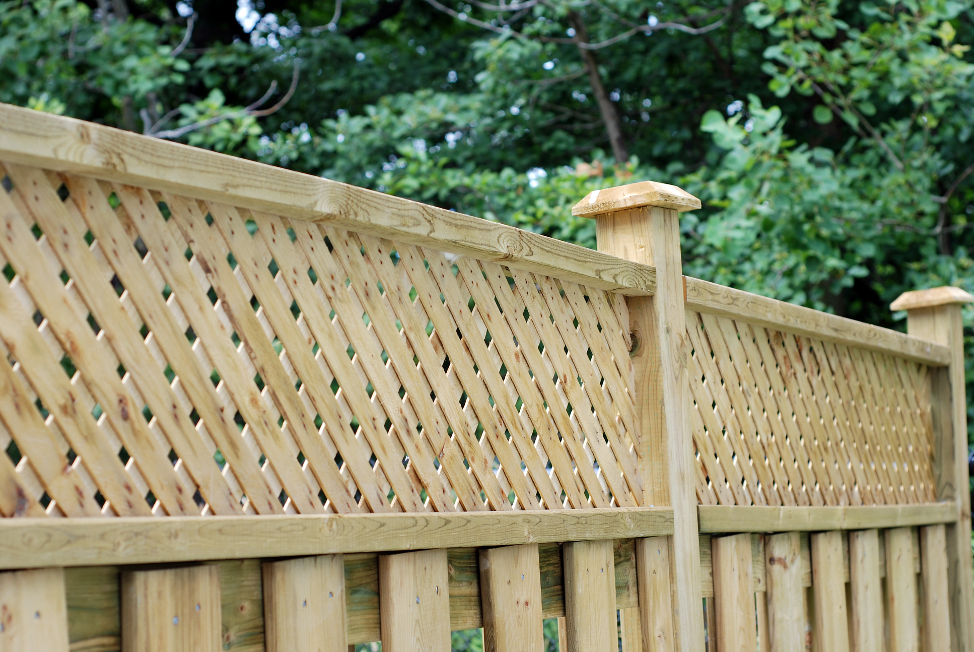All Categories
Featured

When installing a fence, selecting the best product is essential to stabilizing functionality, visual appeals, and spending plan. Timber, vinyl, and light weight aluminum are among one of the most generally chosen fence materials, each with its toughness and downsides. This overview discovers the benefits and drawbacks of these options to help you make an informed choice.

Wood Secure Fencing. Pros:. All-natural Beauty: Timber's classic charm can improve any type of home with its cozy and traditional appearance. Adjustable: You can paint, discolor, or sculpt wood to fit your design preferences. Budget friendly: Wood secure fencing is originally much more economical compared to some various other materials. Eco-friendly: As a renewable resource, timber is biodegradable and typically considered environment-friendly. Disadvantages:. Maintenance-Intensive: Routine securing, paint, or staining is needed to avoid damage from weather condition and bugs. Prone to Decay: Without appropriate treatment, timber can rot, warp, or fracture with time. Much shorter Lifespan: On average, timber fencings last 10-15 years, depending upon the sort of wood and upkeep. Wood is a fantastic option for those who value looks and want to buy normal maintenance to maintain its look and resilience.
Vinyl Fence. Pros:. Reduced Maintenance: Plastic requires marginal treatment-- just periodic cleaning with soap and water. Climate Resistant: It doesn't warp, rot, or yield to insect damages, making it extremely durable in numerous environments. Durability: Plastic fencings can last 20-30 years with little to no repairs. Style Variety: Available in a vast array of shades, styles, and textures, consisting of wood-like appearances. Cons:. Higher Preliminary Price: Plastic fences are more costly ahead of time contrasted to wood. Vulnerability to Cold: In extremely winter, plastic can become brittle and prone to breaking. Restricted Fixing Options: Matching replacement panels can be testing if damage takes place. Plastic fence is excellent for property owners looking for a resilient, low-maintenance remedy that uses modern flexibility.

Light Weight Aluminum Fencing. Pros:. Rust-Proof: Aluminum stands up to corrosion, making it an exceptional choice for wet or damp settings. Long lasting: Despite being light-weight, aluminum is strong and can endure rough climate conditions. Reduced Upkeep: It calls for marginal upkeep, normally just periodic cleansing. Long Lifespan: Light weight aluminum fencings can last decades without considerable wear and tear. Elegant Design: Typically made use of for decorative purposes, aluminum fencing adds a smooth, advanced seek to residential properties. Disadvantages:. High Preliminary Financial investment: Light weight aluminum fencings are amongst the costlier choices on the market. Less Privacy: The open styles usual with light weight aluminum fencing do not provide much privacy. At risk to Damage: While sturdy, aluminum can dent if hit with enough force. Light weight aluminum is an outstanding choice for homeowners focusing on appearances and toughness without needing much maintenance.
Making Your Choice. When determining between vinyl, light weight aluminum, or timber secure fencing, consider your priorities:
Wood matches those that value a natural look and don't mind placing in upkeep initiative. Plastic is the ideal choice for those seeking a low-maintenance, weather-resistant option. Aluminum supplies sleek design and long-lasting sturdiness however might lack personal privacy. By meticulously assessing these materials' attributes, you can select a fence that complements your residential property while meeting your useful and aesthetic demands.
Latest Posts
Practical Carpeting Look After Lasting Elegance
Published Apr 19, 25
1 min read
NAPA AutoCare Certified: Turn to Montclare Auto Repair for Reliable Auto Care
Published Apr 19, 25
2 min read
Montclare Auto Repair: Your Reliable Expert for Professional Engine & Brake Work
Published Apr 19, 25
2 min read
More
Latest Posts
Practical Carpeting Look After Lasting Elegance
Published Apr 19, 25
1 min read
NAPA AutoCare Certified: Turn to Montclare Auto Repair for Reliable Auto Care
Published Apr 19, 25
2 min read
Montclare Auto Repair: Your Reliable Expert for Professional Engine & Brake Work
Published Apr 19, 25
2 min read